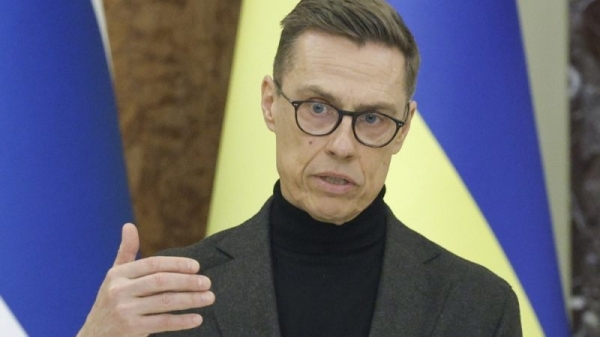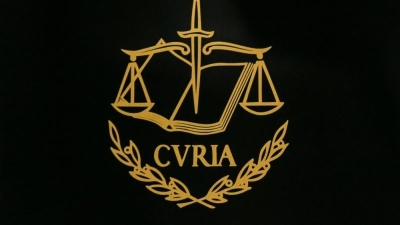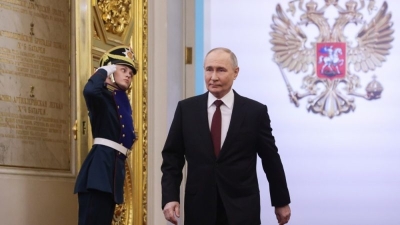Finland’s Stubb wants to better structure EU and NATO defence tasks

Finland’s new President Alexander Stubb said on Wednesday (10 April) he wants a clear distinction between EU and NATO on defence matters, with industrial policy and funds on one side, and military planning and threat countering on the other.
“More than duplication, I worry about the gaps that exist between national, NATO and EU defences. Our common thread should be: integrate, integrate and integrate,” Stubb said.
Eastern and Nordic EU members have traditionally called on the EU and NATO to avoid duplication in tasks, but instead be complementarity. Some countries see the EU taking up a larger role in defence policy as a threat to NATO, which could hurt their relationship with the US and cause them to lose American protection.
Speaking in Brussels as newly sworn-in Finnish president, in charge of foreign and defence policy, and a new member of NATO, Stubb described how he saw the division of labour between the EU and the Western military alliance at a Friends of Europe event.
“Everyone needs to maintain their own defence capabilities – but better integration is needed. In terms of capabilities, NATO should provide priorities, and the EU should play a strong role in developing those capabilities, using funding, technology and industrial policy and its other tools.”
The EU was first and foremost built around a single market, for civilian purposes, and stayed relatively clear from getting involved in the highly nationally focused and sensitive defence industry until Russia invaded Ukraine.
The attack and following need to manufacture, deliver and stock large quantities of weapons and defence equipment across the bloc prompted the EU to take a role in motivating joint procurement.
Member states are now in the process of reviewing the proposal for a brand-new EU-wide defence market scheme – the European Defence Investment Programme (EDIP).
“There is plenty for the EU to do in the field of defence,” Stubb said.
He said that the EU has a “colossal task” ahead in ensuring that European defence forces “are up to par for serving the Union and the continent as a whole and reducing the burden that the United States is carrying of our defence”.
The EU can be involved in financing, industrial policy and space and cyber defences, he said.
Stubb used to helm the European Investment Bank (EIB), the EU’s multi-million lending arm currently pressed to change its lending policy to allow more investment into defence products.
The president pushed for “combining purchases, offering financing for defence purposes, leveraging technology and industrial policy and building an EU-wide security of supply,” to improve the “currently fragmented and inefficient – nationally oriented” business strategies.
“Most of the EU is in NATO and that should manifest itself in the alliance,” Stubb said, in reference to what is called the “EU pillar in NATO” strategy.
According to the concept, EU members should follow the same line as NATO, of developing together European defence cooperation and forces, to work as the full backbone of the Western military alliance, instead of relying on different stances and strategies.
“Together we will be building NATO 3.0,” the President said, looking to NATO going back to its “core tasks” of “defence and deterrence”, and “as a deterrence against Russian aggression”, which “should be the focus in everything”.
“At the same time, NATO’s approach spans 360 degrees“, he said, adding Helsinki is ready to tackle threats ” whatever they are”.
Calling for the EU to take a bigger role in defence, he said “Outsourcing security is not a long-term solution”, in reference to Europe become more autonomous and independent on security matters.
Read more with Euractiv




